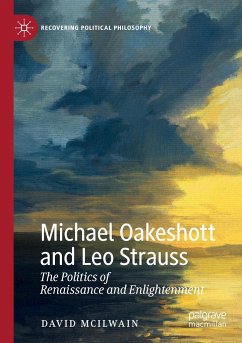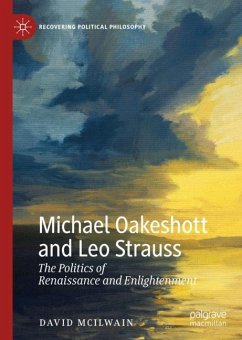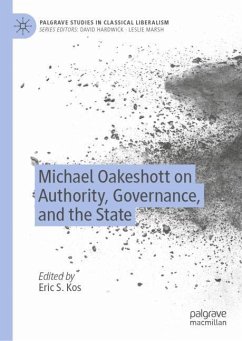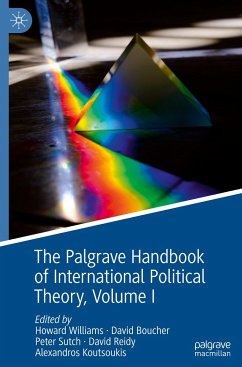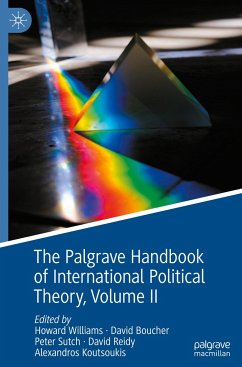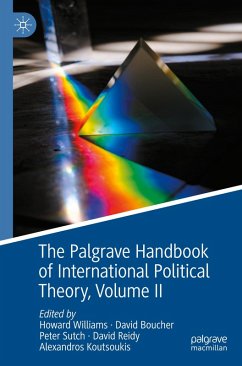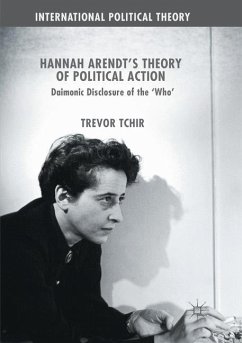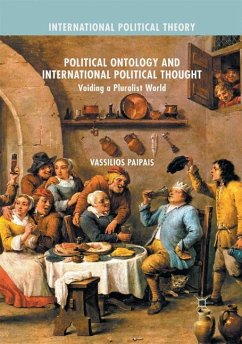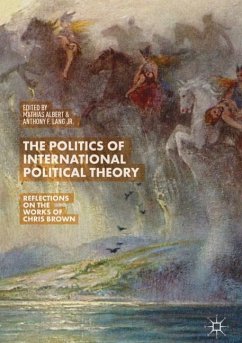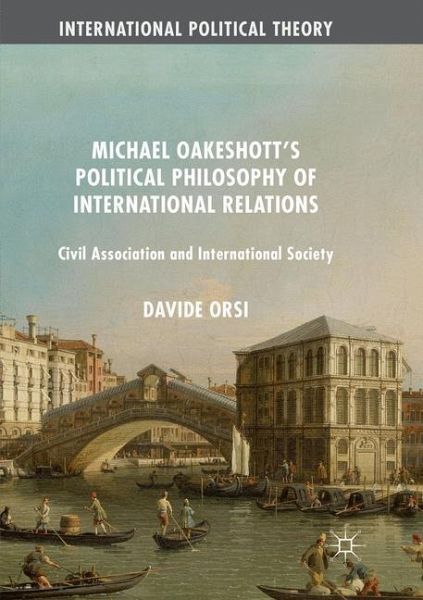
Michael Oakeshott's Political Philosophy of International Relations
Civil Association and International Society
Versandkostenfrei!
Versandfertig in 6-10 Tagen
38,99 €
inkl. MwSt.
Weitere Ausgaben:

PAYBACK Punkte
19 °P sammeln!
This book argues that Michael Oakeshott's political philosophy contributes to current debates in normative international theory and international political theory on the historical, social, and moral dimension of international society. Davide Orsi contends that the theory of civil association may be the ground for an understanding of international society as a rule-based form of moral association constituted by customary international law. The book also considers the role of evolving practices of morality in debates on international justice. Orsi grounds this work on a study of Oakeshott's phi...
This book argues that Michael Oakeshott's political philosophy contributes to current debates in normative international theory and international political theory on the historical, social, and moral dimension of international society. Davide Orsi contends that the theory of civil association may be the ground for an understanding of international society as a rule-based form of moral association constituted by customary international law. The book also considers the role of evolving practices of morality in debates on international justice. Orsi grounds this work on a study of Oakeshott's philosophical arguments and compares the Oakeshottian perspective to recent constructivist literature in International Relations.



